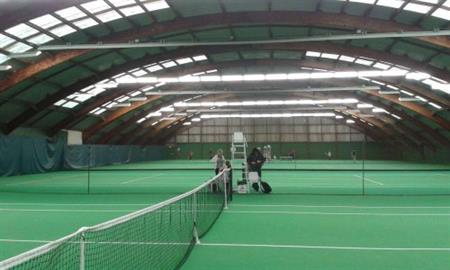Politics extend into the island's most remote places. While high on the ridge that travels through northern Cyprus, I climbed a long staircase to the Byzantine fortress of Bufavento, which seemed a world away from the modern-day conflict -- until I spotted the enormous TRNC flag painted across the adjoining mountainside.
The flag is positioned to dominate both sides of divided Nicosia. Beside it, white stones spell out a quote from Mustafa Kemal Atatürk, the founder of the Turkish state: "Ne mutlu Türküm diyene." (How happy is the one who calls himself a Turk.)
And while I crossed into the TRNC with just a cursory passport check, status as an unrecognized state has shaped life here in profound ways.
A longstanding embargo severely restricts exports from the region, which has created a self-contained economy that can thrive in relative isolation.
Education has become big business, filling the economic void by drawing students from across the Middle East and Africa. This tiny region has more than a dozen schools offering a bachelor's degree or above, including the American University of Cyprus and Girne American University. For students who struggle to get visas in the west, an education in northern Cyprus can seem like a step closer to Europe.

A fuzzy snout nosed into my open car window, followed by a pair of brown eyes under enviable lashes.

Last weekend, Democrats lost control of the political narrative to President Donald Trump and the Republicans. And they will have to work quickly if they want to get it back.